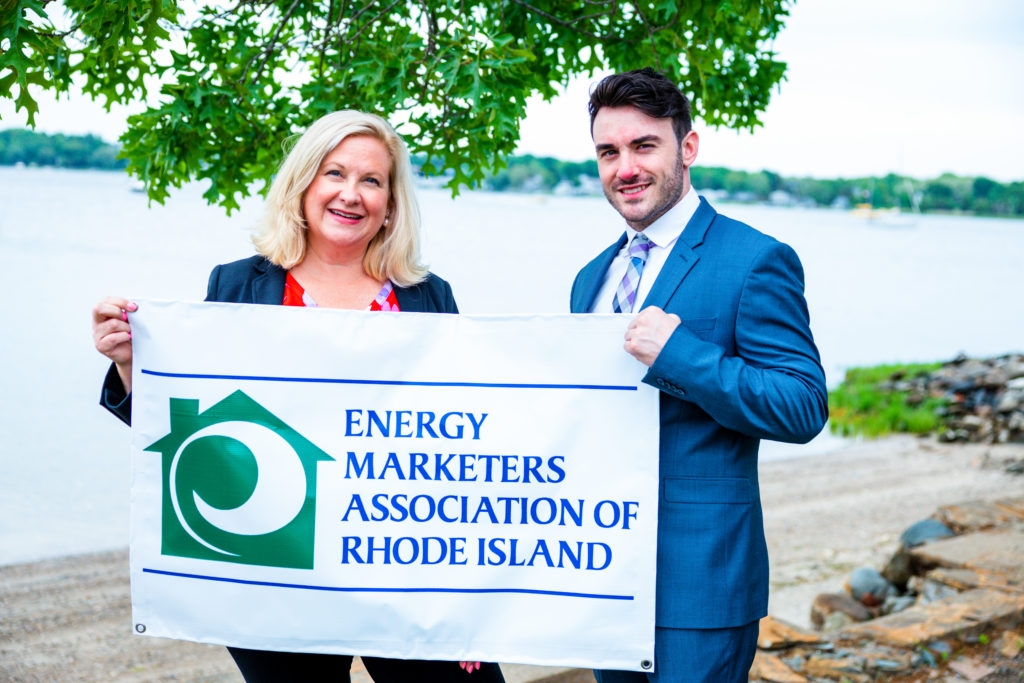Diane Quesnelle Heads EMARI
In her new job as executive director of the Energy Marketers Association of Rhode Island, Diane E. Quesnelle says, the biggest issues are stopping electrification, growing the biodiesel market, educating consumers on the green benefits of biodiesel, and recruiting young people to careers as technicians.
The biodiesel effort got a boost recently.

On July 13, Rhode Island Gov. Daniel McKee signed H5132A, moving beyond the state’s existing B5 requirement to B10 in 2023, B20 in 2025, and B50 in 2030.
The Association says the bill “aligns with the evolution and the direction of our industry, including the Providence Resolution that improved the industry’s environmental profile by committing to net-zero emissions by 2050.
“Working towards better air quality with biodiesel products has multifold benefits for public health, the economy, and the environment,” the Association says in an email to members. “Biodiesel products turn waste into renewable energy, using byproducts that would otherwise go to landfills and are delivered by multi-generational businesses that provide comfort to communities and highly skilled trade careers.”
The bill also supports the statutory requirements of the 2021 Act on Climate signed into law on April 10, 2021, the email notes: “Economy-wide enforceable targets for greenhouse gas emissions reductions as follows: 10% below 1990 levels by 2020, 45% below 1990 levels by 2030, 80% below 1990 levels by 2040, and net-zero emissions by 2050.
“Additionally, increasing the renewable content of heating fuel through this bill helps Rhode Island meet its greenhouse gas emission statutory requirements and study results” in a 2019 Executive Order.
Quesnelle started at EMARI on March 2.
“I am completely new to the industry,” she says. “I have about twenty-five years’ experience in higher education.” Her career in higher education included stints at Roger Williams University in Rhode Island, Rutgers University in New Jersey (she was the New England regional rep), and, most recently, at New England Institute of Technology in East Greenwich, R.I., where she was director of high school recruitment.
Quesnelle and her nine-member team were furloughed from the Institute because of the pandemic “and this position was brought to my attention,” she says. “EMARI collaborates greatly with New England Tech, and one of their vice presidents is actually on our board,” she notes.
Quesnelle expects that her recruiting expertise will be useful. “Technicians are aging out. The average age is fifty-five. And there’s not an abundance of newcomers in the field.”
Being “the newbie,” Quesnelle says, she understands how the industry is regarded by the general public, and how to explain the industry’s biodiesel benefits to win improved public understanding.
“Everyone I’m talking to has been in this industry for generations and generations,” she notes. “I realized that it was an asset that I didn’t come from generations in the industry. We’re under fire right now.” Her goal is to tell the public how diligently the industry is working “to bring down greenhouse gas effects, get to the net-zero. Nobody realizes that this industry has been working so diligently to get there. I can help get that message out to everyone.”—Stephen Bennett
NOTE: The Energy Marketers Association of Rhode Island Summer 2021 Lobster Bake will be held Aug. 5 at Fort Getty Pavilion, Jamestown, R.I. For more information visit www.warmth4ri.com.
Stephen Bennett is the editor of Fuel Oil News.
